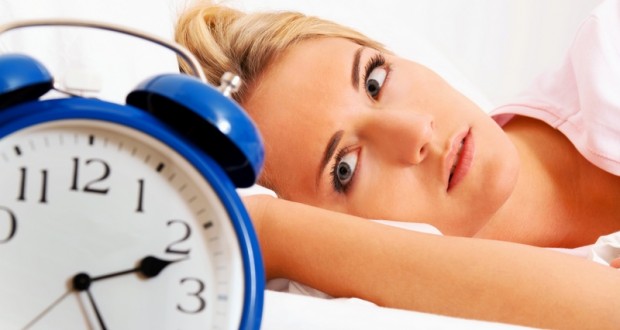By: Red Hot Mamas
Published: February 10, 2016
Contributed by Dr. Michael Goodman- Red Hot Mamas Expert
Whether you’re in Sacramento or Saskatchewan, in Boston or Burundi, so-called “Bioidentical Hormones” may be obtained in several ways. Bioidenticals are synthesized in the lab from the plant sterols soybeans and wild Mexican yams to form estradiol, progesterone, or testosterone, depending on the “side chain” of the plant sterol that is isolated by the chemist. The same E or P is supplied to “drug companies,” tested and approved by the FDA for both safety and guarantee of purity and specific dosage concentration and manufactured in different delivery systems, or supplied to wholesalers and to compounding pharmacists for various carefully prepared but neither FDA-approved nor tested preparations. Compounded bioidenticals may be in the form of cream or gel, troche, tablet/capsule, suppository, or pellet. FDA-approved bioidenticals are available as patches, tablets/capsules, gel/creams, suppositories, vaginal rings, and injectables. Who are the individuals best equipped to objectively evaluate, explain, advise and prescribe hormones during your peri- and post-menopause? In descending order they are: Be an informed consumer when it comes to evaluating information and websites. Look for evidence-based information, not slick pronouncements. NAMS (www.menopause.org) is a good resource, as are other areas on this website.

What can I do about insomnia in perimenopause?
Varying sleep disturbances go with the territory during peri- and post-menopause. Here’s what you can do. All helpful, in no particular order:
- 30-45 minutes of out-of-breath-sweaty-exercise earlier in the day is the best sleep aid I know of!
- “Sleep hygiene” is so helpful. This can consist of: restricting fluids within 5 hours of sleep time; avoiding conflict or “disturbing communications” near to sleep time; sleeping in a consistent, quiet environment; and a “bedtime ritual” consisting of a short meditation, warm bath in a quiet comfortable environment, and falling asleep in a planned calm and meditative manner.
- Hormone therapy. While only replacement of the estrogen your body is losing is truly effective therapy, progesterone has both a calming and somnolent effect when consumed at bedtime. Additionally, low testosterone can lead to hot flushes and sleep disturbances; “T” should be checked with an appropriate lab analysis by your practitioner.
- Supplements/herbs/botanicals: Several compounds may be helpful at sleep time; these include the calming supplements 5-hydroxytryptophan (100-150 mg), l-theonine (100 mg), evening primrose oil, and valerian root.
- Depression can upset sleep rhythms. If you feel depressed, discuss this with your primary care or Gyn consultant; sometimes low-dose anti-depressant/anti-anxiety medications can do wonders.
- What is the place of “sleeping pills?” While admitting that there are situations where different varieties of nightly sleeping medications can be life-saving, the best place for sleeping medications is for occasional use for a night or two when several poor-sleep nights in a row have worn you down. Do not be afraid of usage of sleep medication for occasional use in these situations.
I hope these few “pearls” are helpful to you. Feel free to navigate this website for other areas of helpful explanations and advice
Dr. Michael Goodman specializes in labiaplasty and other vulvovaginal aesthetic surgeries, peri- menopausal and sexual medicine, lifestyle enhancement, bone densiometry, pelvic ultrasounds and both routine and difficult gynecologic issues.Stanford University trained in obstetrics and gynecology, Dr. Goodman is also a critically acclaimed author and pioneer in the development and advancement of Minimally Invasive Gynecologic Surgery. Through his private practice and writings he focuses on patient education and involving patients in the therapeutic decision-making process.
 Red Hot Mamas In Charge of Change.
Red Hot Mamas In Charge of Change.




